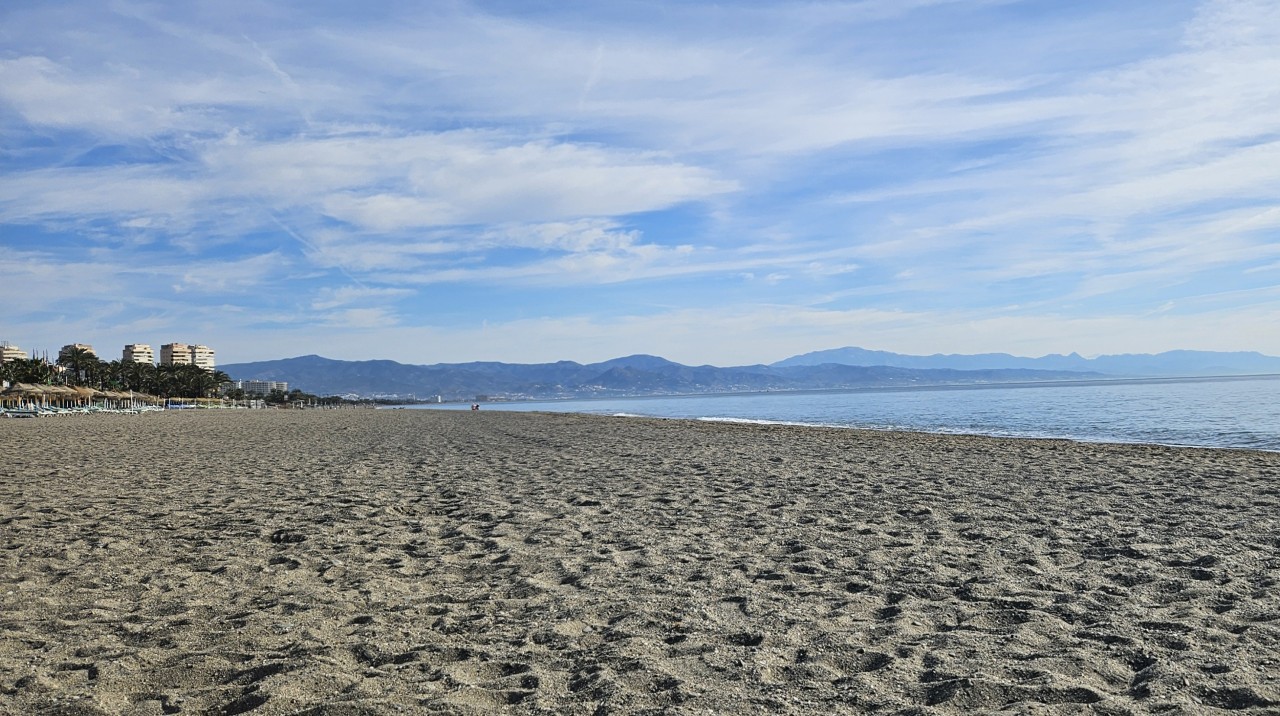
In the heart of an urban sprawl, Maya, a high-flying executive, juggles the demands of her career with the needs of her family.
Her days are a blur of meetings, emails, and strategic decisions. Evenings, which could be sanctuaries of familial warmth, are often spent tethered to her laptop, chasing the next milestone.
Maya is driven by a commendable yet exhausting ethos: to always be doing, advancing, moving forward.
One evening, as she closes her laptop, the guilt that’s been simmering beneath her relentless schedule begins to bubble over. She’s been physically present but emotionally distant from her family, missing out on the quiet, unremarkable moments that knit the fabric of kinship.
Confronted by her partner’s gentle observation that “We miss you, even when you’re here,” Maya makes a radical decision. She’ll take time off, not for a vacation, not to work on another project, but to do absolutely nothing.
The initial days of her time off are marred by a nagging sense of restlessness. Maya feels aimless, unproductive, even lazy.
She’s haunted by the thought of the unchecked items on her work to-do list, the projects that are presumably languishing without her oversight.
Yet, something remarkable begins to unfold as she resists the urge to fill her days with activity. Maya discovers the profound richness of being truly present with her family, of noticing the nuances in her children’s laughter, the warmth in her partner’s gaze.
This shift from doing to being doesn’t come naturally to Maya. It’s a conscious, often uncomfortable choice.
But as the days meld into weeks, she finds a sense of peace and fulfillment that her career, for all its accolades, had never afforded her. Maya realizes that in her pursuit of success, she had equated busyness with importance, activity with productivity. She had overlooked the intrinsic value of stillness, of simply being.
The revelation doesn’t stop at personal insights. Maya notices a paradoxical improvement in her work.
Returning to her projects, she brings a renewed perspective, a clarity that was previously clouded by constant activity. The quality of her decisions improves, not despite the time spent doing nothing, but because of it.
Why should you care about Maya’s journey from relentless activity to purposeful stillness?
Because it mirrors a dilemma many of us face. In a culture that glorifies busyness as a badge of honor, taking time to simply be is often seen as a luxury at best, or a sign of laziness at worst.
Yet, the science is clear: rest, reflection, and disengagement are not only beneficial but essential for sustained high performance.
Neurologically, moments of stillness allow our brains to process and synthesize information, fostering creativity and problem-solving.
Psychologically, they reduce stress and burnout, enhancing our overall well-being.
Socially, they improve our connections with others, making our interactions more meaningful.
The power of doing nothing lies in its ability to break the cycle of perpetual busyness, offering us a chance to recharge, reflect, and realign with our values. It’s a counterintuitive truth that by occasionally stepping back, we can move forward more effectively.
In embracing stillness, we’re not abandoning our ambitions or shirking our responsibilities. Rather, we’re acknowledging that to be our best, most productive selves, we must also allow ourselves to rest, to be human.
It’s a balance that Maya, and many of us, strive to find—a realization that sometimes, the most productive thing we can do is absolutely nothing at all.
For the driven men and women navigating the second half of their careers, Maya’s story is a reminder that your worth is not defined by your output. In the relentless pursuit of success, don’t forget to pause, breathe, and be present.
The power of doing nothing might just be the most transformative action you can take.
When was the last time you did nothing for two hours?
Make today that day!
Florina
Get My Blog Posts Right in Your Inbox Every Week
Make your mental health a priority. Receive tips and strategies for living well – mentally, physically, and emotionally – every week.
Get My Free Guide: 7 Cheap, Simple Strategies for Boosting Your Brain Performance
Better focus – clearer memory – faster cognition – more mental clarity – improved intellect…
Your brain is capable of beautiful things. If you don’t think you’re getting the most out of your cranial supercomputer, you can reap the benefits of these 7 simple strategies for the low, low price of “free.”